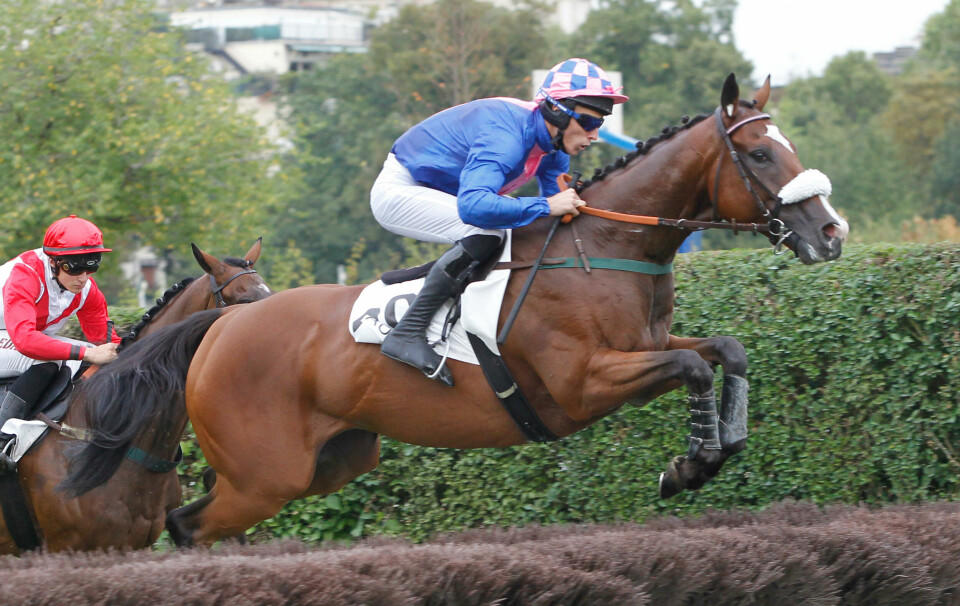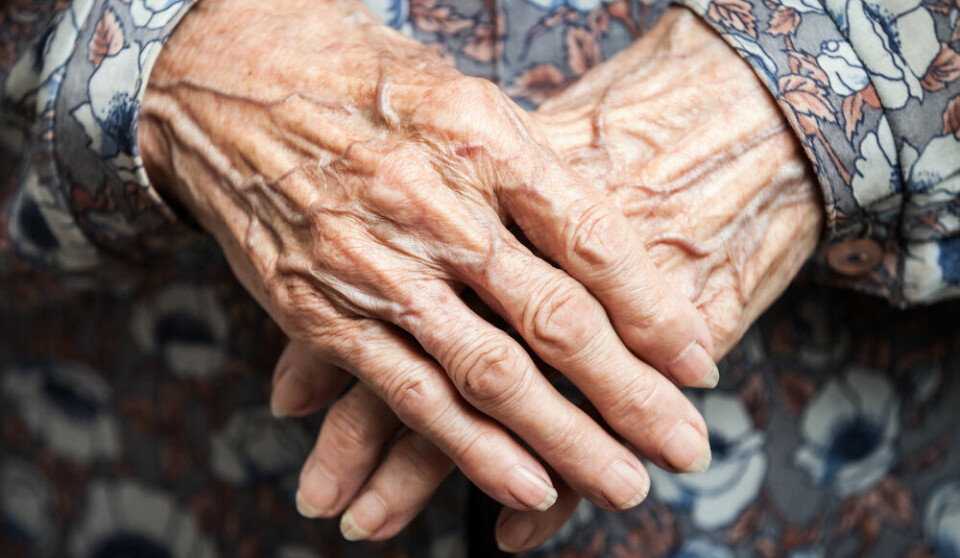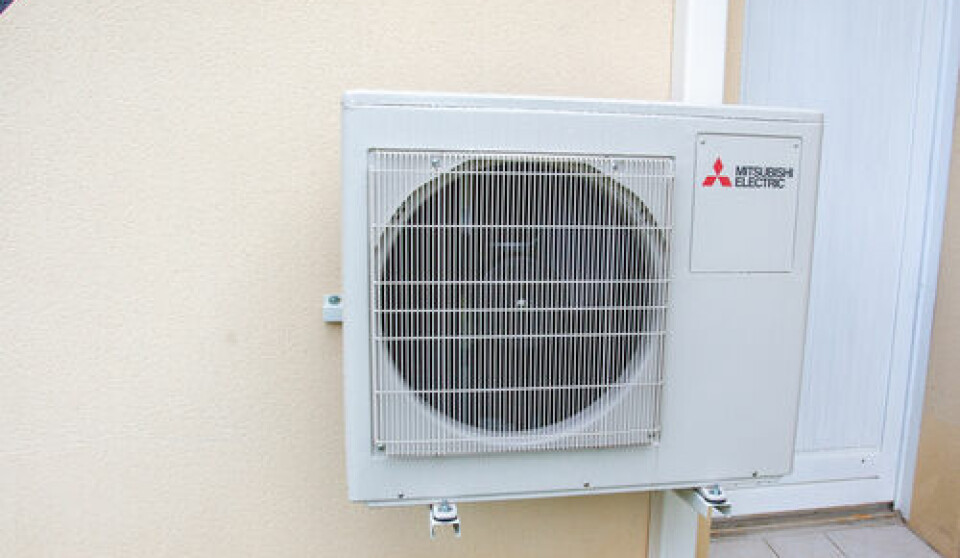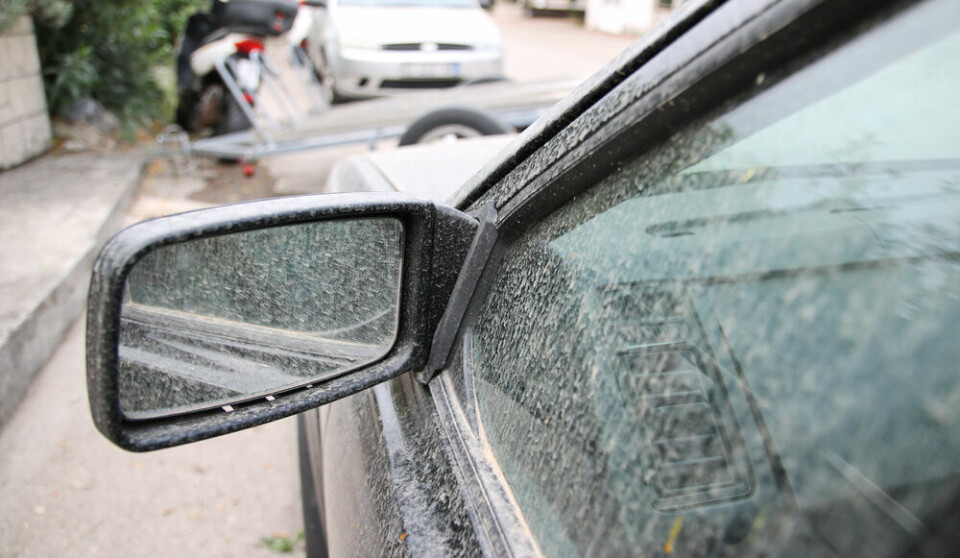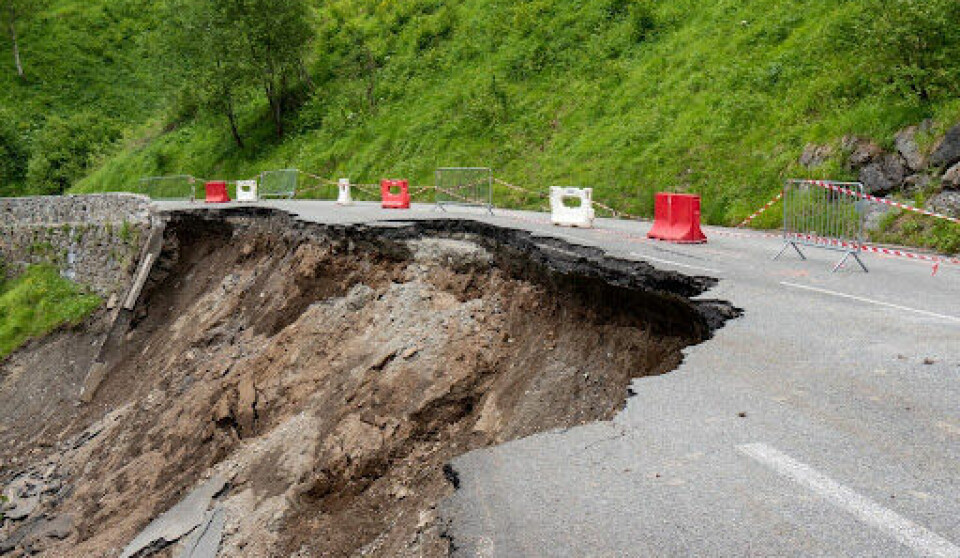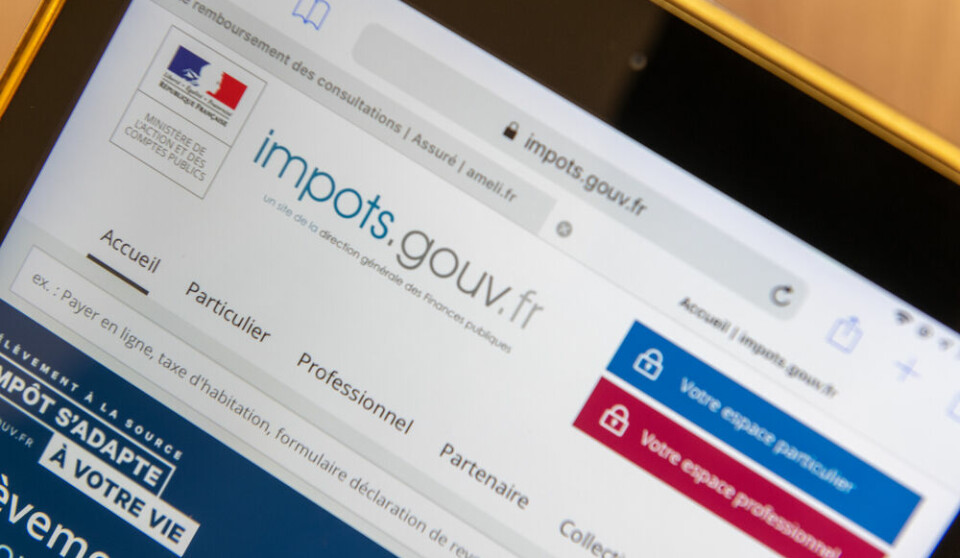-
PHOTOS: Olympic Flame to travel to France on beautiful historic ship
The 127-year-old ship sets sail on Saturday with ‘the most important passenger it has ever carried’
-
Phone scams, gardening, insurance claims: 5 French practical updates
Our roundup of recent practical articles you may have missed
-
Picnic in Paris? Chance to join huge meal on Champs-Elysees
The event could even be record-breaking. You can now apply for your chance to take part
French Assemblée: Have your say on time zone change
The French Assemblée Nationale has called for more replies to its poll about changing the ‘daylight saving’ clock change system, with the majority so far in favour of dropping the status quo.

The “citizens’ consultation”, which is in the form of an online public survey, has already collected more than 93,000 responses. It is still open to all residents of France here (in French).
According to responses so far, public opinion appears to be leaning towards the idea of abandoning the current system. This sees France change the clocks twice a year - forwards by one hour in spring, and back one hour in autumn.
Sabine Thillaye, LREM MP and president of the project, said: “So far, this online consultation has collected more than 93,000 responses, of which 80% are in favour of ending the hour change.
“Almost half of participants are in favour of keeping ‘winter hours’ all year round, [which is] that of the current time zone, UTC+1.”
UTC refers to “Coordinated Universal Time”. Right now, France is in UTC+1. In the summer, France currently moves to UTC+2, which is sometimes also known as Central European Summer Time.
The results of the survey will not be binding, although they will be sent to the European Commission (EC) for consideration once complete.
The EC is currently debating a proposed directive that would stop the clock changing system, and instead allow European nations to choose their own standard, single time zone.
France has had the clock changing system in place since 1976.
It was originally proposed to save energy, but critics say that the savings are actually minimal, and that the change instead causes an adverse effect on health, sleep, and road safety, especially in the winter months.
Stay informed:
Sign up to our free weekly e-newsletter
Subscribe to access all our online articles and receive our printed monthly newspaper The Connexion at your home. News analysis, features and practical help for English-speakers in France







